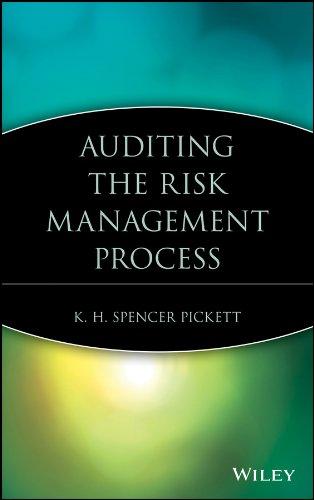Question
Problem 6-1 (LO 1) Cash flow, year subsequent to purchase. Marion Company is an 80% owned subsidiary of Langed Company. The Marion is purchased on
Problem 6-1 (LO 1) Cash flow, year subsequent to purchase. Marion Company is an 80% owned subsidiary of Langed Company. The Marion is purchased on January 1, 2015, for $680,000 cash. The fair value of the NCI was $170,000. At that date, Marion has stockholders equity of $650,00. The excess price is attributed to equipment with a 5 byear life undervalued by $50,000 and to goodwill.The folowing comparative consolidated trial balances apply to the Lange company and it's subsidiary: December 31, 2015 December 31, 2016 Cash 16,000 24,500
Inventory 120,000 160,000
Accounts Receivable 200,000 300,000
Property, Plant, Equipment 3,030,000 3,450,000
Accumilated depreciation (1,086,000) (1,292,000)
Investment in Charles company (30%) 244,500
Goodwill 150,000 150,000
Accounts payable (117,000) (200,000)
Bonds payable (100,000) (450,000)
NCI (167,000) (179,000)
Controlling interest
Common stock (par) (1,000,000) (1,000,000)
Additional Pais-in_capital in excess of par (650,000) (650,000)
Retained Earnings (396,000) (558,000)
Totals 0 0
a. Marion purchases equipment for $70,000.
b. Marion issues $350,000 of long term bonds and later uses the proceeds to purchase a new building.
c. On January 1, 2016, Lange purchases 30% of the outstanding common stock of charles Corporation for $230,000. This is an influential investment. Charles stockholders equity is $700,000 on the date of the purchase. Any excess cost is attributed to equipment with a 10 year life. Charles reports net income of $80,000 in 2016 and pays dividends of $25,000.
d. Controlling share of consolidated income for 2016 is $262,000, the noncontrolling interest in consolidated net income is $15,000. Lange pays $100,000 in dividends in 2016, Marion pays $15,000 in dividends in 2016.
Prepare the consolidated statement of cash flows for 2016 using the indirect method. Any supporting calculations (including a determination and distribution of excess schedule) should be in good form.
Step by Step Solution
There are 3 Steps involved in it
Step: 1

Get Instant Access to Expert-Tailored Solutions
See step-by-step solutions with expert insights and AI powered tools for academic success
Step: 2

Step: 3

Ace Your Homework with AI
Get the answers you need in no time with our AI-driven, step-by-step assistance
Get Started


